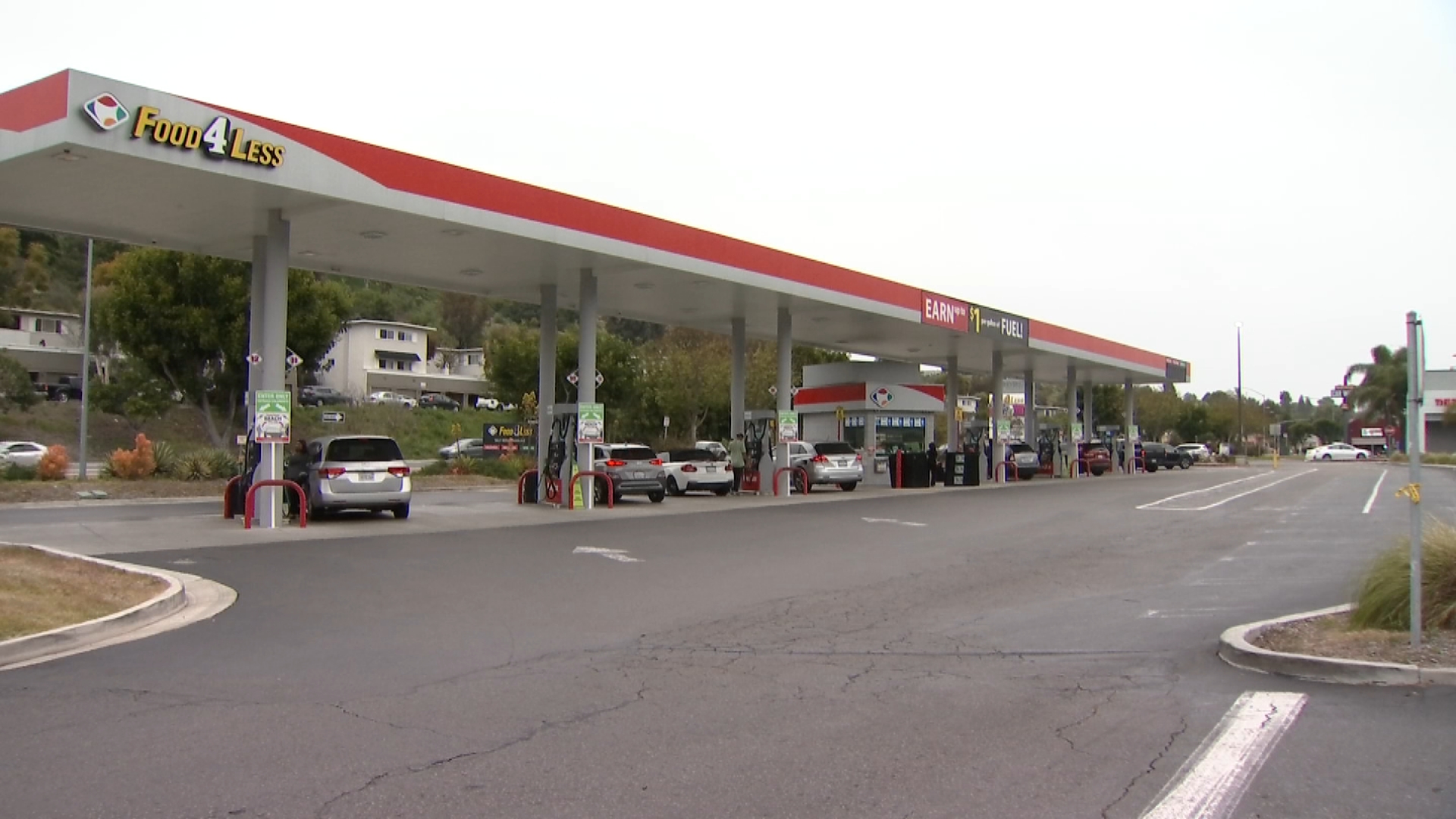San Diego County public health officials on Tuesday declared a local public health emergency in response to the monkeypox outbreak, following the lead of California, to ensure the county gets resources to fight the virus.
The move will allow the county "to strengthen our county's vaccination, prevention, education and treatment initiatives," San Diego County Supervisor Nathan Fletcher said. It will also allow the county to gain better access to vaccines and funding resources when they become available.
Fletcher was joined by public health officials and San Diego Mayor Todd Gloria to provide an update on the virus, which is spread mostly through close, intimate contact with someone who has monkeypox.
There have been 46 confirmed or probable cases of monkeypox in San Diego County as of July 29 among men ages 27 to 58, San Diego County Public Health Officer Wilma Wooten said. Only one case was not associated with travel. The person became infected through their household, Wooten said. One hospitalization and no deaths have been reported. County data will be updated daily on the Health and Human Service Agency website.
Get San Diego local news, weather forecasts, sports and lifestyle stories to your inbox. Sign up for NBC San Diego newsletters.
"The situation we face in monkeypox is fundamentally different [than with COVID-19]. This is a very different situation. We take it very seriously ... but as I mentioned earlier it is exponentially less transmissible. We know more about it. We also have a vaccine at the start of it. Now we need more of it," Fletcher said.
Gov. Gavin Newsom issued a state of emergency on Monday in response to the increase of monkeypox cases in the state. The proclamation enables emergency medical services personnel to administer monkeypox vaccines that are approved by the FDA, similar to the statutory authorization recently enacted for pharmacists to administer vaccines.
Local
"California is working urgently across all levels of government to slow the spread of monkeypox, leveraging our robust testing, contact tracing and community partnerships strengthened during the pandemic to ensure that those most at risk are our focus for vaccines, treatment and outreach," Newsom said.
California distributes monkeypox vaccines to counties based on a formula that accounts for population. The county distributes those to county health care systems and health centers who in turn distribute those to patients based on risk.
The county has received just under 4,000 vaccines for the virus so far, and just over 2,450 of them have already been administered. The rest are being used by the county to vaccinate people recently exposed to monkeypox, Fletcher said.
"Governor Newsom and our California Department of Public Health have put us in a position of strength when it comes to addressing monkeypox outbreaks by declaring an emergency," he said. "Our county has been working with the community to distribute vaccines and information, and this action by the state will allow them to better support our county as we administer services."
Los Angeles County officials were also expected to ratify a local declaration of emergency later Tuesday.
As of Monday, a total of 824 monkeypox cases were confirmed in California -- the second-highest of any state, behind New York's 1,390 -- while nationwide, the aggregate count was at 5,811, according to the latest data from the U.S. Centers for Disease Control and Prevention.
Monkeypox is generally spread through intimate skin-to-skin contact, resulting from infectious rashes and scabs, though respiratory secretions and bodily fluids exchanged during extended physical episodes, such as sexual intercourse, can also lead to transmission, according to the CDC.
While virus has mostly affected the LGBTQ community, so far, public health officials stressed that monkeypox is not caused by the LGBTQ community and can occur to individuals outside of that group.
"At this time monkeypox outbreaks are disproportionately impacting our LGBTQ community, but we know it can spread to others. And it is vitally important that we not stigmatize any individual, that we not stigmatize any community, that we not cast any aspersions," Fletcher said. "It is predominately now in one community but it very well could spread to others."
Symptoms include fresh pimples, blisters, rashes, fever and fatigue. There is no specific treatment. People who have been infected with smallpox, or have been vaccinated for it, may have immunity to monkeypox.
According to health officials, the vaccine can prevent infection if given before or shortly after exposure to the virus.
San Diego County residents can receive information about monkeypox via text. Health officials are sending real-time information about the impact of monkeypox in the region along with details about available services. People can sign up to receive messages by texting COSD MONKEYPOX to 468-311.
Get updates on what's happening in San Diego to your inbox. Sign up for our News Headlines newsletter.



